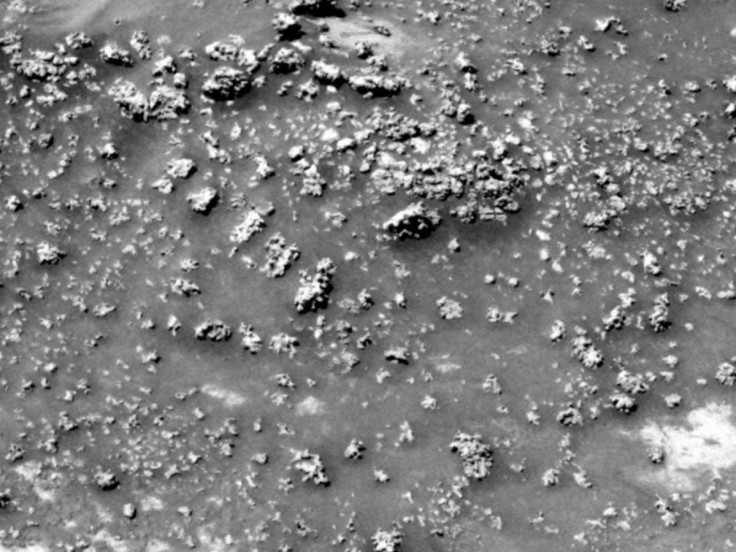NASA discovered but ignored evidence of life on Mars, claims scientist
NASA may have discovered alien life in the 1970s.
The debate about the existence of alien life has been going on for a very long time. Still, we do not have generally accepted evidence suggesting whether there is life beyond Earth. For all these years, the red planet has been the prime focus of research on extra-terrestrial beings. Unfortunately, scientists and researchers are still looking for a certain answer about life on Mars.
Meanwhile, a former NASA scientist suggests that the space agency had found "evidence of life" on Mars during the first-ever successful mission to the planet. In his recent op-ed article, former NASA scientist Gilbert Levin, who worked on the U.S.'s first planetary exploration mission Viking and was the principal investigator of the Viking Labeled Release experiment, revealed that the data sent back from the planet carried proof of life on Mars.
These results that were released on July 30, 1976, reportedly included a "total of four positive results, supported by five varied controls, streamed down from the twin Viking spacecraft landed some 4,000 miles apart."
The article is titled "I'm Convinced We Found Evidence of Life on Mars in the 1970s" and hints at the data that detected "microbial respiration on the Red Planet."
"The curves from Mars were similar to those produced by LR tests of soils on Earth," he wrote in the article.
However, Levin feels that NASA has ignored these findings that probably answered the "ultimate question" about the existence of alien life.
Viking project created first-ever successful landings on Mars in the 1970s. And the mission paved the path for future projects and several Mars missions.
Levin believes that NASA must carry out follow-ups apart from its ongoing Martian projects and make detection of microbial life their top priority. He disapproves NASA's recent missions that refuse to carry a life-detection instrument to dig deeper into the evidence they garnered during their first landing.

In his conclusion, he pleads the panel of expert scientists to review the results of LR and recent findings of life on Mars.
"Such an objective jury might conclude, as I did, that the Viking LR did find life," he concluded. "In any event, the study would likely produce important guidance for NASA's pursuit of its holy grail," he concluded.
© Copyright IBTimes 2024. All rights reserved.





